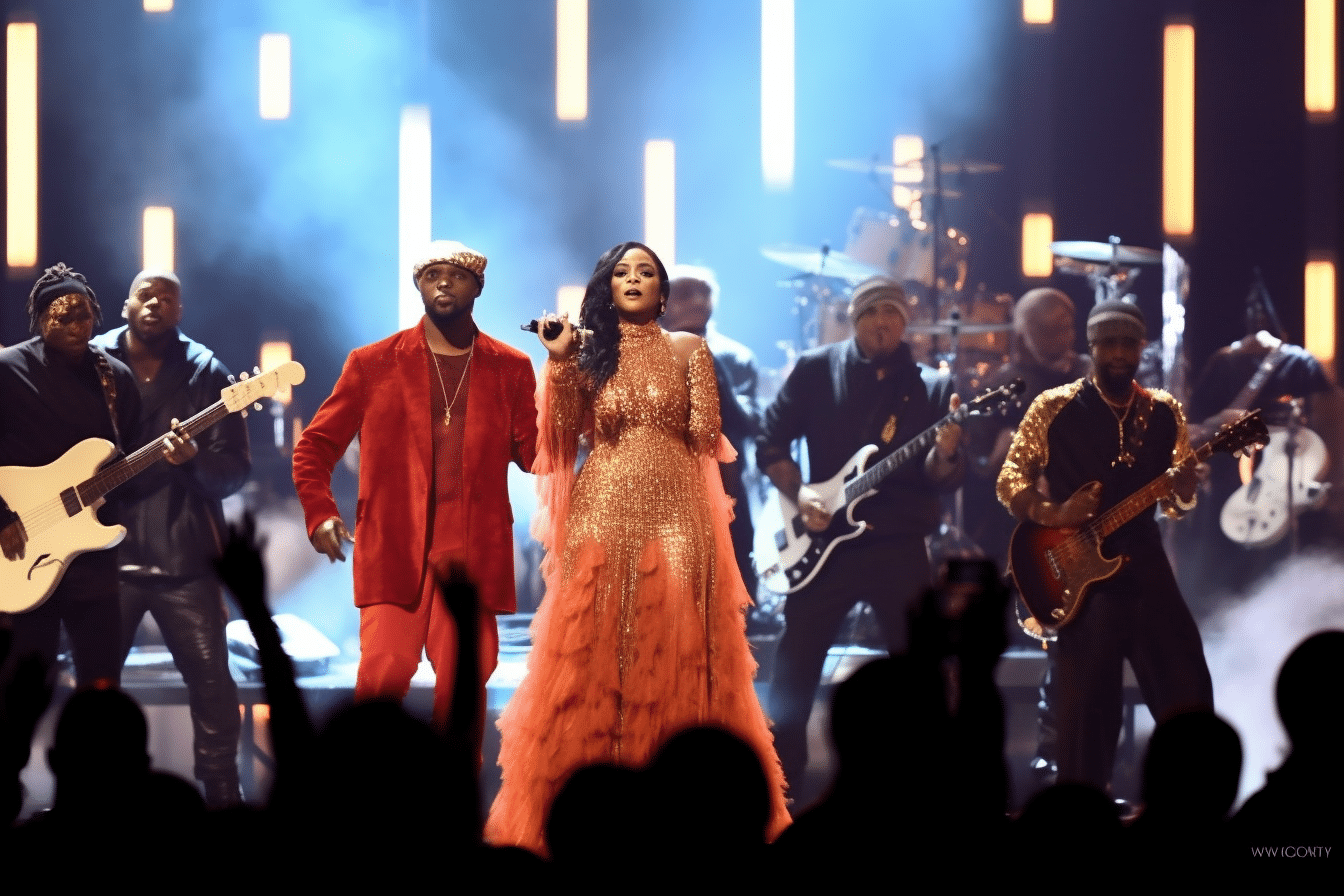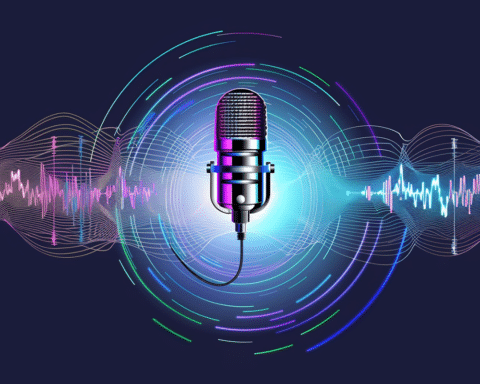The Recording Academy, the governing body of the globally esteemed Grammy Awards, has recently stipulated that “Only human creators are eligible” to participate in its competition, as it aims to control the increasing use of artificial intelligence (AI) within the music sphere.
While AI-generated compositions are strictly prohibited, music created with partial AI assistance may be considered under specific categories, according to the academy’s revised regulations. The guidelines state, “A work that contains no human authorship is not eligible in any categories.”
The revised rules require music creators to have at least a 20% involvement in an album’s creation to be eligible for a nomination. In contrast, prior rules allowed any album producer, songwriter, engineer or featured artist to receive a nomination for album of the year, irrespective of the extent of their involvement.
The first Grammy Awards event was held in 1959, acknowledging the talent and innovation of music creators from the previous year.
In November 2022, OpenAI, supported by Microsoft Corp, introduced ChatGPT, a freely available chatbot that simulates human conversation based on primary inputs. Since then, AI applications have increased, offering services such as animating static images, creating film avatars, and authoring songs, essays, and articles.
There is growing anxiety among various professions that AI might eventually replace human roles. Notably, the Writers Guild of America (WGA) and the Screen Actors Guild (SAG-AFTRA) are contending with the implications of AI in their respective fields of screenwriting and acting.
The WGA aims to restrict the use of AI in scriptwriting, while SAG-AFTRA actors advocate for control over their digital personas and appropriate compensation.
In early May, WGA writers initiated a strike, with discussions about AI usage, among other issues, still unresolved with the studios. Actors might follow suit if SAG-AFTRA disagrees on similar concerns.
In a rapidly digitizing world, where AI increasingly integrates into creative fields, these shifts from influential bodies like the Recording Academy, WGA, and SAG-AFTRA underline the ongoing tug-of-war between human creativity and technological advancements. As the debate continues, the creative industry is keenly watching how these developments unfold and what precedents they set for the role of AI in human-dominated spaces.




